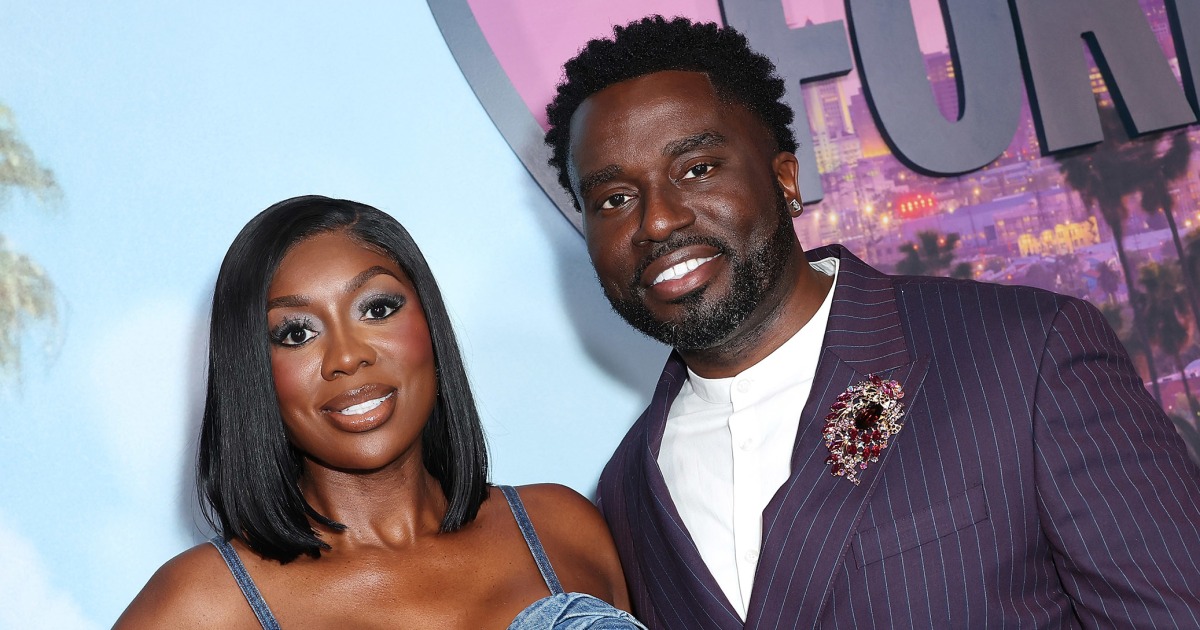Wendy Williams’ complex guardianship situation continues following the completion of comprehensive medical testing that reaffirmed her neurological condition. The former television personality underwent extensive evaluation as part of ongoing legal proceedings surrounding her care and financial management.
Medical examination reveals persistent condition
Court documents reviewed by PEOPLE detail that Williams completed numerous medical and neuropsychological assessments, along with brain imaging studies. Medical professionals conducting the evaluation have reached conclusions about her neurological status, though specific details remain sealed in official paperwork.
Sources familiar with the situation confirm that Williams received a diagnosis consistent with her previous medical findings from 2023. The evaluation determined she continues to experience frontotemporal dementia (FTD) and aphasia, conditions that significantly impact cognitive function and communication abilities.
The comprehensive testing process involved multiple specialists and various diagnostic procedures designed to assess Williams’ current mental capacity and overall neurological health. These evaluations play a crucial role in determining the necessity and scope of her ongoing guardianship arrangement.
Guardianship extension requested amid challenges
Sabrina Morrissey’s legal team has requested an extension of current protective measures until November 3rd. This timeline allows Judge Sokoloff, who oversees a related guardianship case, sufficient opportunity to evaluate Morrissey’s continued role and assess whether Williams requires ongoing supervision.
Legal representatives note that various parties have indicated their intention to challenge both the guardianship structure and Morrissey’s position as guardian. These complications include objections from certain family members, Williams’ former spouse, and other interested parties who question the current arrangement’s validity and implementation.
The extension request acknowledges these emerging legal challenges while ensuring continuity of care during the evaluation period. Court proceedings will determine the most appropriate path forward for Williams’ long-term wellbeing and financial security.
Hospital incident sparks renewed scrutiny
Williams’ situation gained renewed attention following her March removal from an assisted living facility by New York Police Department personnel. The incident resulted in hospitalization and subsequently prompted discussions about her care and living arrangements.
During a television appearance the following day, Williams addressed her medical status publicly. She discussed undergoing competency evaluations and expressed confidence in her cognitive abilities. Her caretaker, Ginalia Monterrosa, accompanied Williams during the hospital visit and provided additional context about the situation.
The public nature of these events intensified ongoing debates about Williams’ capacity and the appropriateness of her current guardianship structure. Media appearances by Williams have occasionally contradicted official medical assessments, creating additional complexity in her case.
Former husband initiates separate legal action
Kevin Hunter, Williams’ ex-husband, filed a substantial lawsuit in June targeting the guardianship facilitators. The legal action seeks $250 million in damages while alleging systemic problems within New York’s guardianship system.
Hunter’s complaint describes guardianship as civil death and claims that Williams has experienced abuse, neglect, and financial mismanagement since the arrangement began. The lawsuit requests appointment of a new guardian, case file unsealing, release from confinement, and comprehensive financial accounting.
Despite filing on Williams’ behalf, Hunter’s attorney acknowledged that Williams lacks full awareness of the evidence supporting their claims. The legal team plans to present documentation supporting allegations that Williams’ rights have been violated under the current guardianship structure.
Ongoing medical management continues
Williams has lived under court-supervised guardianship since May 2022, with oversight extending to both financial and healthcare decisions. The arrangement was implemented following concerns about her ability to manage personal affairs independently.
Her medical care team first publicly disclosed the FTD and aphasia diagnoses in February 2024. These progressive conditions affect behavior, personality, language, and movement, requiring specialized medical attention and supportive care services.
The current medical evaluation represents the latest effort to assess Williams’ condition and determine appropriate care levels. Results from this testing will influence future guardianship decisions and potentially affect the ongoing legal challenges initiated by various parties.
Williams’ case continues to highlight broader questions about guardianship effectiveness, patient rights, and family involvement in medical decision-making processes.

